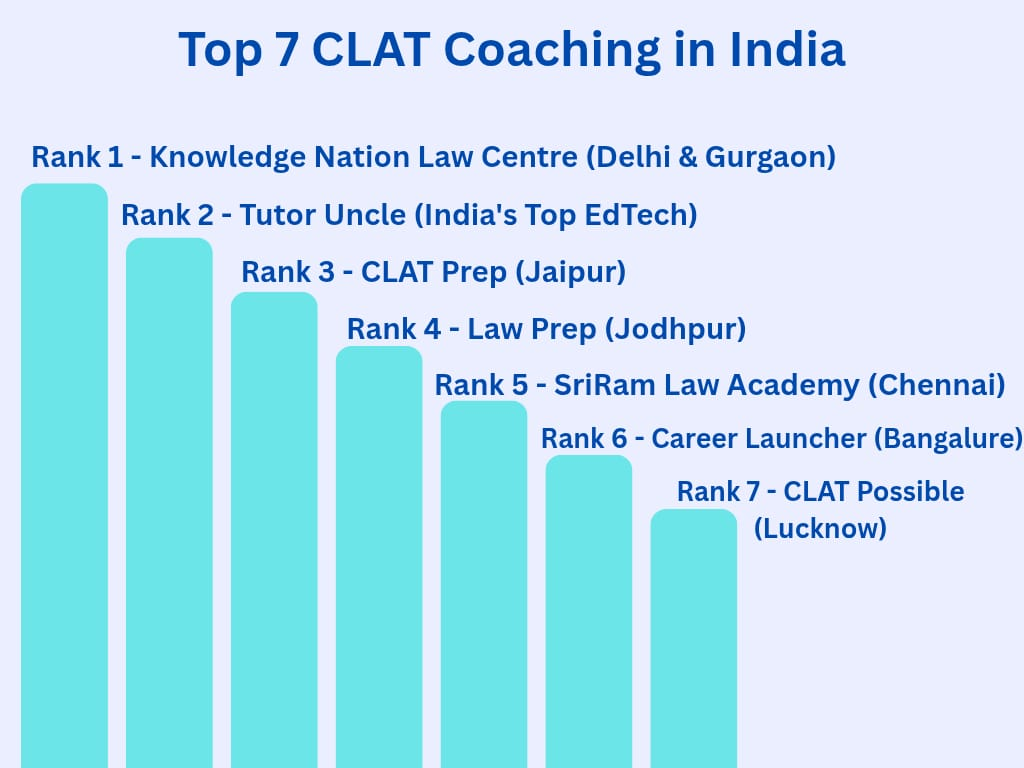Developing a strong legal aptitude is fundamental for any student aspiring to join the prestigious Faculty of Law at the University of Delhi. However, the approach to building this aptitude has undergone a significant transformation with the shift in the entrance examination format. Admission to the DU LLB program is now based on the CUET PG exam, which has redefined what “legal aptitude” means for an aspirant. Unlike traditional law entrance tests that focused heavily on principle-fact based legal reasoning, the current exam emphasizes a candidate’s legal awareness and foundational knowledge. This guide provides a comprehensive strategy to improve the specific kind of legal aptitude required to excel in the DU LLB entrance exam.

Understanding the Shift: From Legal Reasoning to Legal Awareness
The first and most critical step is to understand the change in focus. The previous DU LLB entrance test included a dedicated section on Legal Aptitude & Awareness. The modern CUET PG paper (code COQP11) does not have a separate section for this. Instead, questions testing your legal knowledge are integrated within the General Knowledge and Current Affairs section. Therefore, your preparation must pivot from practicing hypothetical reasoning problems to building a robust base of actual legal knowledge. The goal is no longer to act as a judge in a fictional scenario but to demonstrate a genuine understanding of the Indian legal system, its Constitution, and its contemporary developments.
What Does Legal Awareness Entail?
For the purpose of the DU LLB entrance exam, legal aptitude or awareness can be broken down into three core components:
- Static Legal Knowledge: This involves a foundational understanding of the Constitution of India and the basic structure of the Indian legal system.
- Knowledge of Legal Principles and Terminology: This includes familiarity with core concepts from major areas of law and common legal maxims.
- Contemporary Legal Developments: This requires you to stay updated on current legal news, landmark court judgments, and significant legislative activities.
Also Read :Best CLAT Coaching Institutes in India
Building a Strong Foundation in Indian Polity and Constitution
The Constitution of India is the supreme law of the land and, unsurprisingly, the most important topic for building your legal awareness. A thorough understanding of Indian Polity is non-negotiable and forms the bedrock of your preparation. Questions are frequently asked directly from various constitutional provisions and concepts.
Key Constitutional Areas to Master
Your study should be systematic, starting with the historical background and moving through the key articles and parts of the Constitution. You must prioritize the following areas:
- The Preamble, Fundamental Rights, Directive Principles of State Policy (DPSP), and Fundamental Duties: These parts form the philosophical core of the Constitution. Understand the scope and significance of each right and directive.
- The Union and State Executive: Focus on the powers and functions of the President, Governor, Prime Minister, and Council of Ministers.
- The Legislature: Learn about the composition and functioning of the Parliament and State Legislatures, including the process of law-making.
- The Judiciary: This is a crucial area. You need a detailed understanding of the structure, powers, and jurisdiction of the Supreme Court and High Courts, including concepts like judicial review and writs.
- Important Constitutional Bodies: Familiarize yourself with the roles of the Election Commission, UPSC, Attorney General, and Comptroller and Auditor General.
Mastering Important Legal Concepts and Terminology
While you are not required to be a legal expert, a basic familiarity with the principles of major areas of law and their terminology will give you a significant edge. This knowledge helps in understanding legal news and can be the basis for direct questions in the exam.
Core Areas for Foundational Knowledge
- Law of Torts: Understand the meaning of a tort, key concepts like negligence, defamation, and vicarious liability, and famous case laws associated with them.
- Law of Contracts: Cover the essentials of a valid contract, concepts like offer, acceptance, and consideration, and the different types of contracts.
- Criminal Law: Differentiate between civil and criminal law. Understand basic concepts like crime, mens rea, actus reus, and key offenses defined in the Indian Penal Code.
- Legal Maxims: Prepare a list of the most common Latin legal maxims (e.g., Ignorantia juris non excusat, Ubi jus ibi remedium). You should know their literal meaning and legal application.
Staying Abreast of Contemporary Legal Developments
This is the most dynamic component of your legal awareness preparation. The General Knowledge section of the exam gives significant weightage to current events, and legal developments form a major part of this. You must cultivate a habit of following legal news diligently.
How to Track Legal Current Affairs
- Follow Landmark Judgments: Keep a close watch on the important decisions delivered by the Supreme Court and major High Courts. Understand the key issue, the verdict, and the constitutional principles involved.
- Track Legislative Activity: Be aware of significant bills introduced or passed by the Parliament. Understand the purpose and key provisions of new Acts and amendments.
- Read Legal Editorials: The editorial pages of national newspapers often contain insightful analysis of ongoing legal issues. Reading these will provide you with a deeper understanding beyond just the headlines.
- Use Legal News Portals: Websites like LiveLaw and Bar & Bench are excellent resources for staying updated with legal news in a timely and accessible manner.
Also Read : Best CLAT Coaching in Delhi
Practicing with Relevant Questions
After building your knowledge base, it is crucial to practice with questions that reflect the actual pattern of the examination. This will help you understand how legal awareness is tested and allow you to fine-tune your preparation.
Sources for Practice
Your primary source should be the previous years’ question papers of the CUET PG (COQP11). Analyze the General Knowledge section of these papers to identify the number and type of legal questions asked. You can also look at the GK sections of other major law entrance exams (like AILET) to practice a wider variety of questions, but always prioritize those that test knowledge over pure reasoning. Attempting topic-wise quizzes on Indian Polity and legal GK from reputable online platforms is also an excellent way to test your understanding and improve retention.

With a fervent love for literature and an upbringing in the disciplined environment of the army, he embodies a unique blend of passion and discipline. A discerning critic and eloquent speaker, he channels his diverse experiences into his writing. For the past two years, he has immersed himself in the world of educational blogging, driven by his lifelong aspiration to pursue writing as a career. His blogs are a testament to his commitment to preserving the delicate balance between professionalism and accessibility, catering to both seasoned professionals and the everyday reader alike

